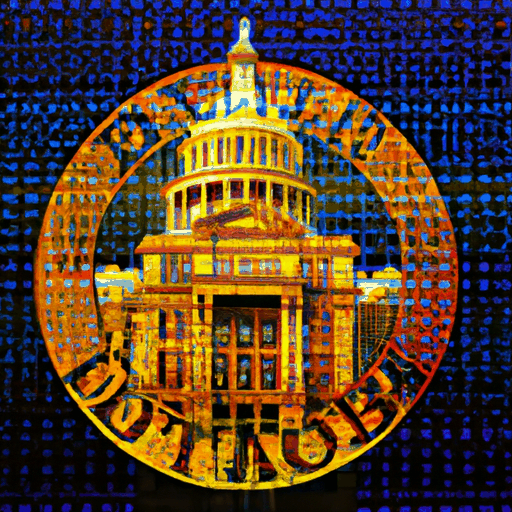
Texas Proposes State-Managed Bitcoin Reserve for Financial Stability
By: Eliza Bennet
Recently, Texas lawmakers have taken a significant step towards embracing cryptocurrency by introducing a bill that aims to establish a Bitcoin reserve within the state. This initiative aligns Texas as a leader in digital currency adoption and showcases its innovative approach to financial tools. Filed by Republican Rep. Giovanni Capriglione, the proposed legislation seeks to integrate Bitcoin within the state's treasury framework, expanding how the state manages its fiscal responsibilities.
The bill allows Texas to accept Bitcoin in taxes, fees, and donations, positioning it as a forward-thinking state eager to leverage digital assets. Rather than direct involvement in Bitcoin purchases, the legislation focuses on voluntary contributions and payments to build the reserve. This approach mirrors national efforts to establish a federal Bitcoin reserve as outlined by U.S. political figures, including President-elect Donald Trump. The move could potentially solidify Texas's role as a major player in the crypto space, given its large number of Bitcoin miners.
Supporters, including nonprofit organizations like the Satoshi Action Fund, underscore that such a reserve could act as a financial protector against inflation. By using Bitcoin as a hedge, owing to its deflationary model, Texas aims to safeguard the value of long-term investments and enhance the state's financial stability. Moreover, this initiative reflects a broader pattern across the U.S., which includes similar proposals being discussed in states like Pennsylvania, Louisiana, and Oklahoma.
The conversation about establishing Bitcoin reserves extends beyond the US. Globally, countries like Brazil and Russia are also considering measures to incorporate Bitcoin into national financial strategies. As the dialogue continues, analysts express both excitement and caution. While the prospects of a Bitcoin reserve are promising, they acknowledge the complexities involved in mainstreaming digital currencies in public financial policies. This sentiment is especially echoed regarding federal adoption plans, which are still at nascent stages with significant interest but uncertain execution timelines.



